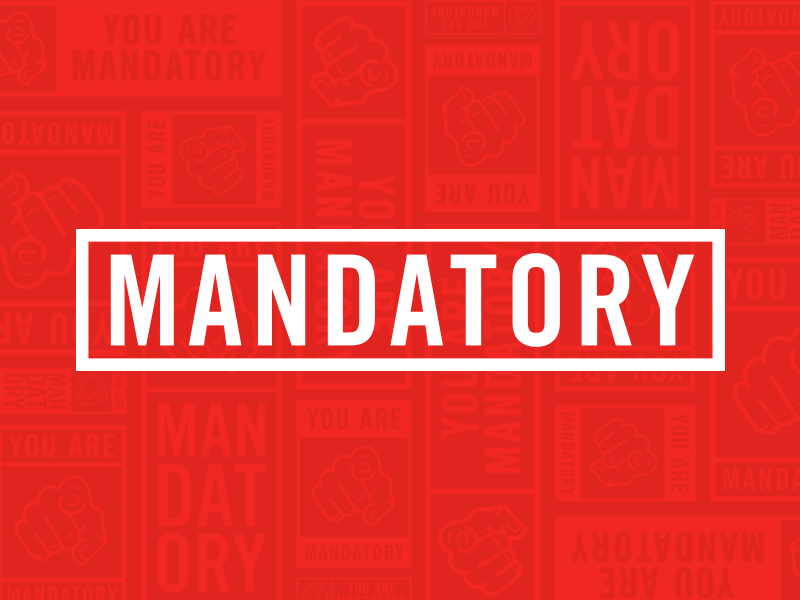
Hitchcock is a film geek’s dream. It’s all about one of the most legendary filmmakers at work on his signature project, and it portrays all the minutiae of such an endeavor. Yet it’s a tad incomplete, not because it fails to appeal to non cinephiles, but because it loses focus on the pure cinephilia of it all.
After the success of North by Northwest, Alfred Hitchcock (Anthony Hopkins) wants to surprise people with his next film. He finds the novel Psycho fascinating but it’s a fight with Paramount, to whom he owes his next film. Meanwhile his wife Alma (Helen Mirren) is helping Whitfield Cook (Danny Huston) adapt his own manuscript for the screen, and that makes Hitch jealous.
Everything relating to Psycho is magnificent. The trivia about the movies Hitchcock turned down to focus on Psycho, the TV stigma he faced from “Alfred Hitchcock Presents,” the deals his agent made and just the sheer focus on every moment of filmmaking are a celebration of the process. Kurtwood Smith as the censor just seems so right to represent the mores of the era, with a persona we know today. When they discuss scenes that we know as legendary, we kind of get to experience them from the perspective of crew members who don’t know how monumental the shower scene is going to become.
The film is celebrating, and Hopkins is playing, the Hitchcock persona we know. Both the character and the film have an irreverent wit in which even the most macabre moments are kind of a joke. Perhaps appropriately, the Hitchcock makeup is not exact. Frankly the makeup in The Girl looked a lot more like Hitchcock, but Hopkins gets Hitchcock light. It’s the essence of Hitchcock which conveys more of the essence of his spirit than outright mimicry.
It is phenomenal that the movie frequently refers to Ed Gein (Michael Wincott) and makes him a character in Hitchcock’s mind. Gein was the real life basis for both Norman Bates and The Texas Chainsaw Massacre. Unfortunately, the Gein stuff never adds up to much but it’s still worthwhile that he’s given significance. In the beginning Hitch is exposing his crew to graphic crime scene photos, so that’s quite an extreme way to convey his vision. Even though Gein continues to appear, you don’t get the sense that Hitch was haunted by him, more like Gein was a temporary fetish.
The subplot about Alma and Whitfield seems obligatory and takes more away from the film’s momentum than it adds in insight. I guess the issue is that she was jealous of Hitch’s leading ladies, but he was jealous of the time she spent with another man. If that’s the way their relationship really was, it sure seems manufactured for the biopic. The scenes between Mirren and Huston seem like a distraction to keep Mirren busy, which maybe they were to Alma in real life. Frankly, Hitch’s weight problem seems more revelatory about the great Hitchcock. He always appeared a big guy, but it actually was a struggle he dealt with in private. We get to watch him stuff his face!
Watching Hitchcock direct is magic. It may be a case of printing the legend, but I’ll take this legend. Too much of his interaction with the actresses is unseen, which would have been worth exploring more since it seemed so important to Alma. Also, did Janet Leigh (Scarlett Johansson) and Vera Miles (Jessica Biel) really work on the same days? That wouldn’t seem to make sense schedule wise, if you know their roles in Psycho. I guess they could take turns working on the motel set.
So there are some hiccups but Hitchcock really picks up again during the post production and release of Psycho. There’s a scene where Hitchcock acts as a conductor that is so wonderful, I wish director Sacha Gervasi had incorporated more of that earlier in the film, or at least built up to it. Now it just seems like a random moment of brilliance.
Clearly Hitchcock is a flawed film but it deals with a subject so dear to us, and in such a light and engaging way, that it’s worth our time and love. It turns out to be great timing for cosmic balance, because if The Girl exposes the monster in Hitchcock, Hitchcock celebrates the playful troublemaker he was.







